Microbes Eat Biodegradable – The North American car market is off to a rough start with significant declines in deliveries of key plastics and rubber processing technologies 22-05-2024
Microbes Eat Biodegradable
Crude Oil Prices Trend
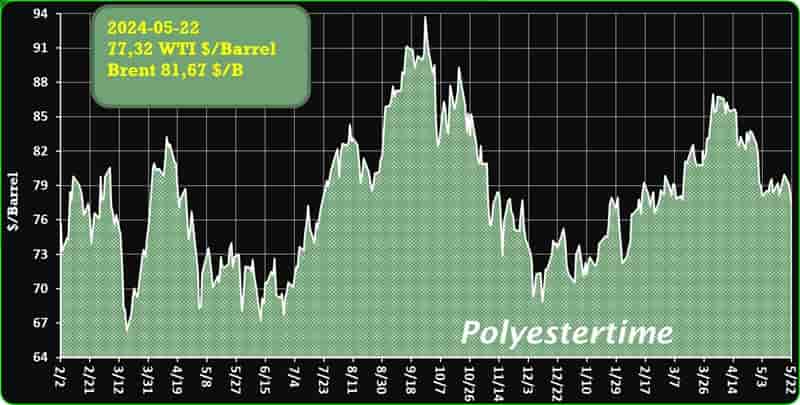
Crude Oil Prices Trend by Polyestertime
The North American car market is off to a rough start with significant declines in deliveries of key plastics and rubber processing technologies
According to the Committee on Equipment Statistics (CES) of the Plastics Industry Association, deliveries of crucial plastics processing technologies stalled in the first quarter. Even considering seasonality, there was an overall decrease of 8.5%, with injection molding machines and extruders experiencing steeper declines. The combined value of these technologies totaled $261.9 million, marking a 24.2% drop compared to the same period last year. Microbes Eat Biodegradable
Specifically, single-screw extruders saw a 23.4% decrease in value, twin-screw extruders fell by 17%, and injection molding machines dropped by 24.9%, all compared to the first quarter of 2023. Additionally, U.S. exports of plastic machinery and systems decreased by 7.4% in the first three months, while imports rose by 7% from the previous quarter.
These trends mirror the broader slowdown in the U.S. economy, where GDP contracted by 1.6% in the first quarter, following robust growth of 3.4% and 4.9% in the third and fourth quarters of the previous year. Perc Pineda, head of economics at Plastics, noted that the manufacturing sector has substantial growth potential but is currently constrained by prolonged inventory adjustments and the rebalancing of consumption between goods and services. Microbes Eat Biodegradable
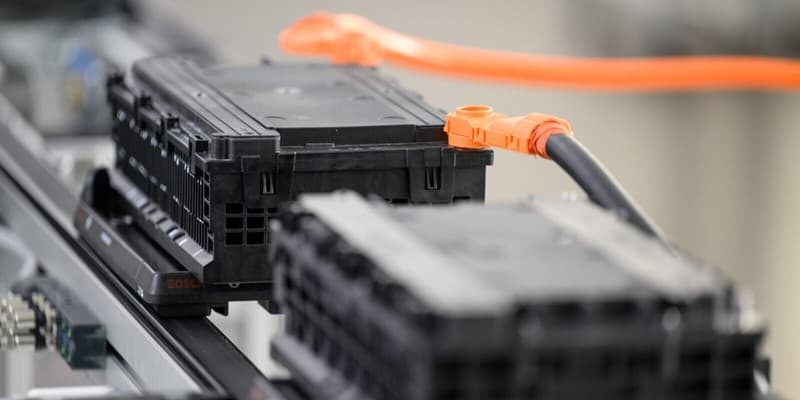
Bosch Ventures Amplifies Commitment to Cleantech With Two Battery Recycling Investments
Revolutionizing Battery Recycling on both sides of the Atlantic.
- Aachen based cylib raised €55 million round, the largest investment round ever raised by a European battery recycling company.
- US based Li Industries raised $36 million round, led by Bosch Ventures
- Dr. Ingo Ramesohl, Managing Director of Bosch Ventures: “We are investing in Sustainability and pave the way in transformative battery recycling technologies.”
Bosch Ventures, the corporate venture capital unit of the Bosch Group, announces two significant investments in the battery recycling sector within a week, marking a significant step towards sustainable technology development. Microbes Eat Biodegradable
“In an electrified world, battery recycling makes a significant contribution to conserving natural resources,” explains Dr. Ingo Ramesohl, Managing Director of Bosch Ventures. “With our investments, we can help Cylib and Li Industries to scale their production.”
German cylib raised €55 million round less than 24 months after start of operations
Founded in 2022, the company offers market-leading proprietary technology for end-to-end recycling of lithium-ion batteries and has already delivered a successful pilot line and completed projects with major automotive OEMs as well as battery manufacturers. cylib’s process is characterized by an efficient, resource- and climate-friendly recovery of raw materials, including lithium, graphite, nickel, cobalt and manganese from battery packs, black mass or production scraps. Microbes Eat Biodegradable

Assobioplastiche, Consorzio Biorepack, and TÜV Austria have united to tackle illegal practices in the distribution of shopping bags and packaging
Despite ongoing checks and seizures, the sale of non-compostable plastic packaging and bioshoppers persists where compostable materials are required by law. To address this, the three organizations have signed a memorandum of understanding to share data and information, enhancing control activities against “compostable fakes.” These fakes harm legitimate companies, complicate compostable bioplastics’ separate collection, and hinder organic recycling.
Under the agreement, TÜV Austria will provide lists of certified products and document misuse of trademarks. “Violations of regulations prohibiting traditional plastic bags for shopping and produce cause economic harm to honest operators and result in illegal dumping with higher environmental impacts,” explains Luca Bianconi, president of Assobioplastiche. Microbes Eat Biodegradable
“Non-compostable products mislead citizens into improper disposal with organic waste,” highlights Marco Versari, president of Biorepack Consortium. This contamination burdens anaerobic digestion and composting facilities, reducing the efficiency of organic waste treatment.
The partnership with Assobioplastiche and Biorepack will protect environmentally responsible companies and combat illegal practices, ensuring compliance with compostable standards. Microbes Eat Biodegradable
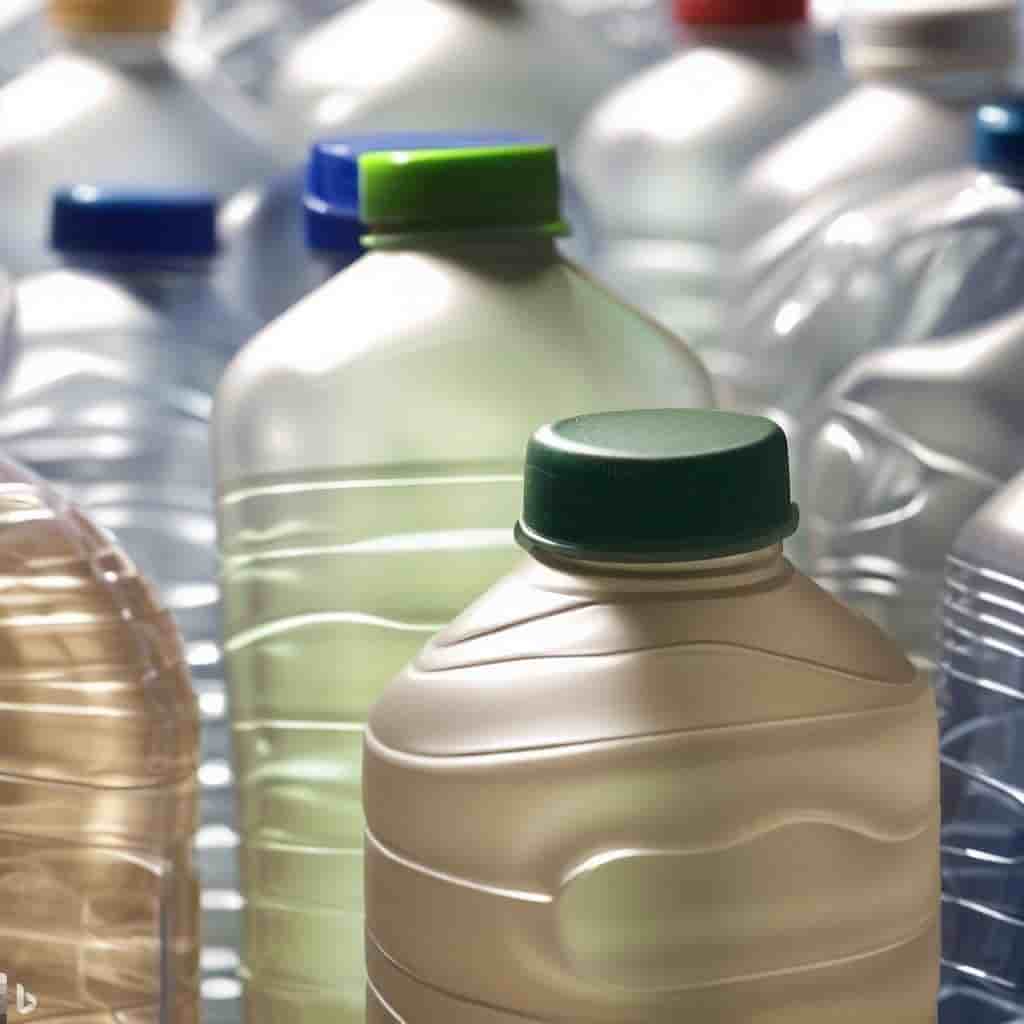
Eckart’s pigment has been formulated and integrated into Lifocolor’s polyolefin masterbatches
These Lifocolor masterbatches are NIR (Near Infrared) detectable. It’s not only black packaging that poses challenges for NIR detectors in waste sorting plants. Containers with metallic pigments, though less common, are also difficult for sensors to recognize. Black pigments with carbon pack absorb the wavelengths emitted by detectors, while metallic effect colors can diffuse and reflect the NIR signal, making detection harder.
To address this, Eckart developed silver effect pigments with high NIR detectability. These pigments have been adopted by Lifocolor for their LifoCycle masterbatches, designed for coloring HDPE and PP articles. Microbes Eat Biodegradable
These pigments have undergone successful testing at a major recycler’s sorting plant, demonstrating their effectiveness in enhancing NIR detection of packaging.
The innovation ensures that packaging containing these silver pigments can be more easily identified and sorted by NIR detectors, improving the efficiency and accuracy of recycling processes.
By implementing these detectable pigments, Lifocolor’s masterbatches enhance the recyclability of products, supporting the industry’s move towards more sustainable practices. This solution addresses a key challenge in waste management, promoting the development of eco-friendly packaging options. Microbes Eat Biodegradable
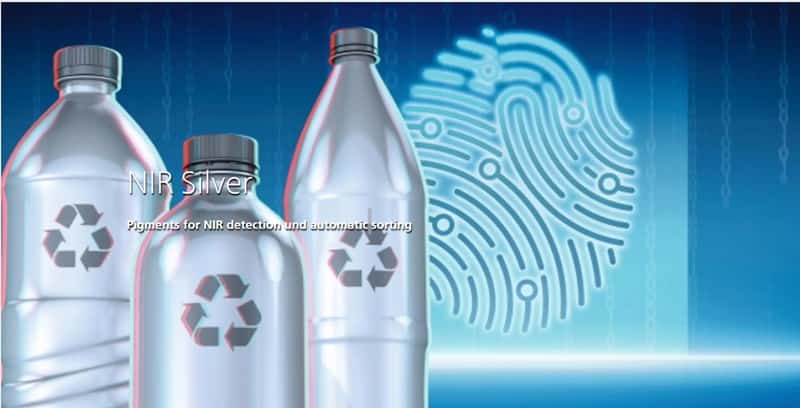
ATA Industrial Group’s report evaluates the global carbon fiber market, focusing on 2023 demand in China and worldwide
Authored by Lin Gang, vice president of ATA CFT Guangzhou Co. Ltd., the “2023 Global Carbon Fiber Composites Market Report” provides comprehensive insights into the global and Chinese carbon fiber markets. The 70-page report covers:
- The Chinese market by year, application, province, and origin, including theoretical capacities and new developments.
- The global market by year, application, region, process, and matrix.
- Trends and prospects in composite applications.
- Insights into carbon fiber recycling, carbon peaking, carbon neutrality, and ESG.
Lin Gang highlights that global demand for carbon fiber in 2023 was 115,000 tons, marking a 14.8% decrease from 135,000 tons in 2022. Microbes Eat Biodegradable
This decline is the first since 1995, posing a unique challenge for Chinese enterprises. Lin questions the future direction of the global carbon fiber market.
“According to our statistics and comprehensive evaluation of multiple sources, the global demand for carbon fiber in 2023 was 115,000 tons, a decrease of 14.8% compared to 135,000 tons in 2022,” Lin prefaces with in the report. “This is the first time since 1995 that there has been negative demand growth globally. Microbes Eat Biodegradable
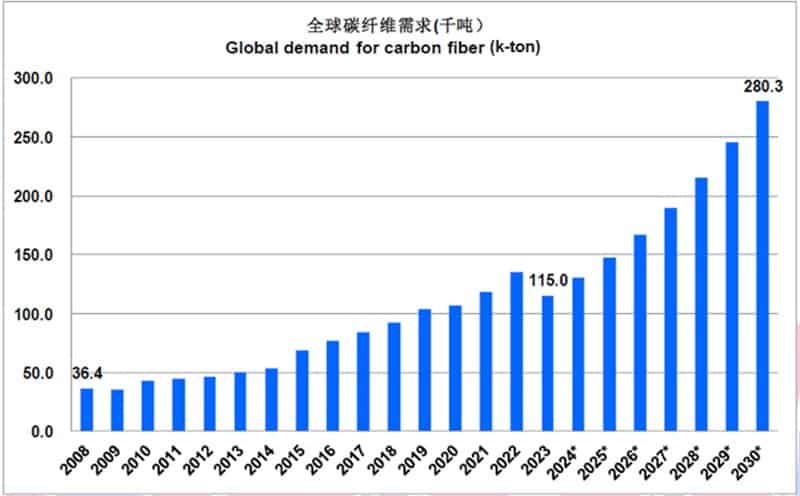
Microbes Eat Biodegradable Polyurethane: Eco-Plastic Material Breakthrough
In our relentless pursuit of convenience and utility, plastic has become ubiquitous. From packaging to the interiors of our cars, versatile plastic material is deeply woven into the fabric of modern life. However, this widespread use comes at a significant environmental cost. Plastic waste accumulates at alarming rates in landfills and natural habitats, choking wildlife and leaching toxic chemicals into the environment. Microbes Eat Biodegradable
Traditional plastics are notoriously resistant to biodegradation, leading to severe pollution issues. Microplastics—the tiny fragments resulting from the breakdown of larger pieces—permeate our air, oceans, soil, and even our food and bloodstreams. The problem is compounded by the fact that most conventional plastics take hundreds of years to decompose, generating a persistent and growing ecological threat. As society grapples with these repercussions, the need for innovative and sustainable solutions has never been more urgent. Microbes Eat Biodegradable
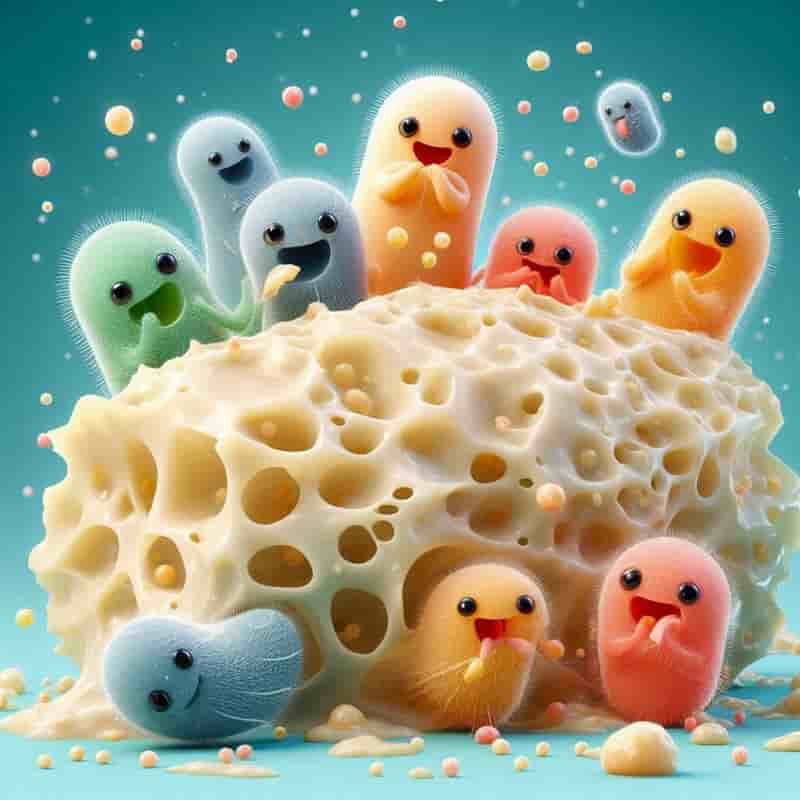
PETValue Philippines recycles 1 billion PET bottles, seeks to forge more partnerships to build on sustainability milestone
PETValue, a 2.28-billion-peso multi-phased joint venture in General Trias, Cavite, utilizes the country’s most advanced bottle-to-bottle PET recycling technology. The facility recently celebrated a significant milestone-recycling 1 billion PET bottles.
PETValue Philippines, the country’s first bottle-to-bottle, food-grade recycling facility, celebrates a landmark achievement of 1 billion PET bottles recycled—underscoring the impact of strong collective action toward a fully circular economy.
A joint venture between Coca-Cola Beverages Philippines, Inc. (CCBPI) and Indorama Ventures, a global sustainable chemical company, PETValue gives limitless life to clear PET plastic bottles. Microbes Eat Biodegradable
The facility turns used post-consumer clear PET bottles—fully recyclable packaging—into new food-grade recycled PET (rPET) bottles, thus closing the “make-use-recycle” loop for plastic packaging.
“We are immensely proud of PETValue’s journey in the country, because it plays a valuable part in a much bigger system that enables a ripple of collective action and sustainable solutions against plastic pollution. Microbes Eat Biodegradable
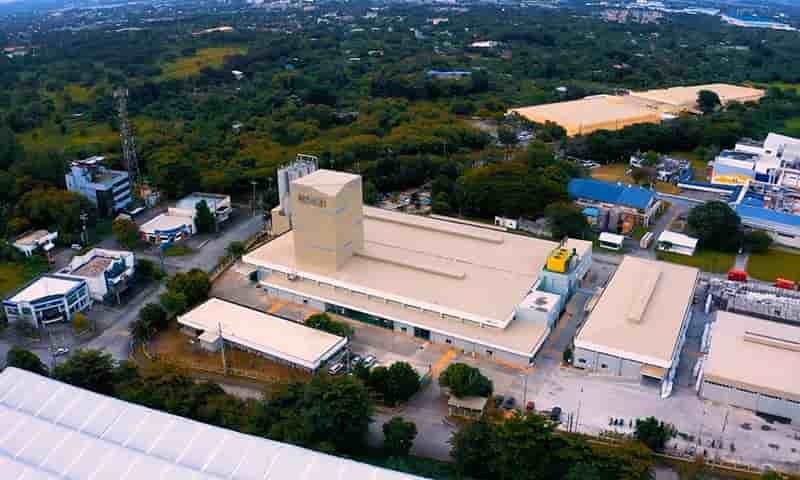
Microbes Eat Biodegradable
